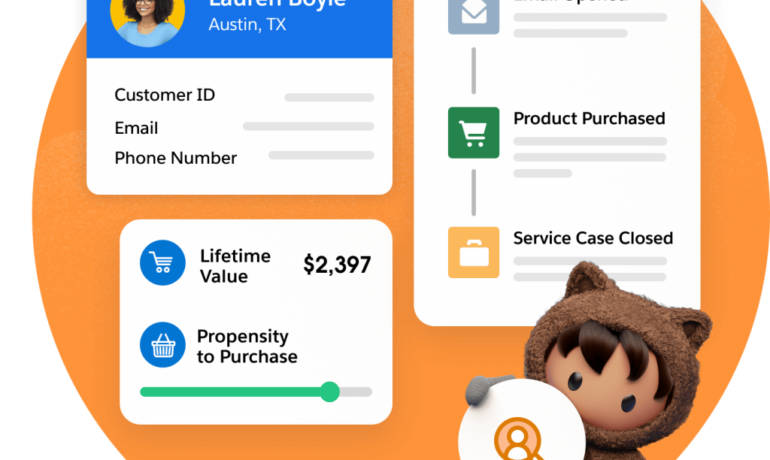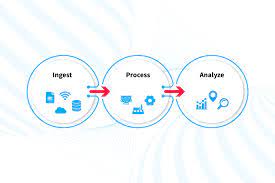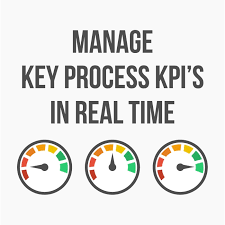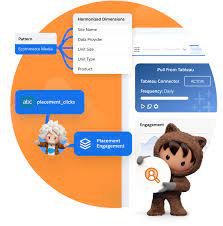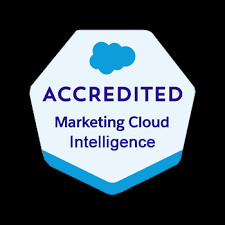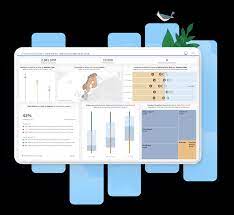Salesforce Analytics Acronyms
Here is a helpful list of analytics acronyms you may encounter when discussing Salesforce. Salesforce Analytics Acronyms Acronym Meaning Definition AWS Amazon Web Services AWS offers “reliable, scalable, and inexpensive cloud computing services…the world’s most comprehensive and broadly adopted cloud, offering over 200 fully featured services from data centers globally.” (source)Multiple Salesforce products use AWS; however, it’s prominent in the analytics arena, where organizations rely on AWS to:”Extract, prepare, and analyze Salesforce.com data using Amazon AppFlow, AWS Glue DataBrew, and Amazon Athena.” (source) BYOAI Bring Your Own AI ‘Bring your own AI (model)’ is Salesforce’s way to meet their customers where they’re at. With Data Cloud, Salesforce not only supports Einstein (their own LLM), but also other ones like Sagemaker, Vertex AI, etc. BYOM Bring Your Own Model ‘Bring your own AI (model)’ is Salesforce’s way to meet their customers where they’re at. With Data Cloud, Salesforce not only supports Einstein (their own LLM), but also other ones like Sagemaker, Vertex AI, etc. CRMA CRM Analytics This is the analytics/business intelligence (BI) solution on the Salesforce platform, integrating Salesforce data with external data and provides the ability to analyze large datasets while performing predictive analytics. (Previously known as Wave/Einstein Analytics/Tableau CRM). EA Einstein Analytics The former name for CRM Analytics (also formerly Tableau CRM). You may still come across EA in outdated documentation. GPT Generative Pre-trained Transformer GPT is a technology concept, although it’s often mistaken for a product name (with the rise of the wildly popular ChatGPT). LLM Large Language Model An AI model that has been trained using lots of data. Salesforce has their own LLM that outperformed expectations during testing. Salesforce’s LLM leverages Data Cloud, or can be plugged into a different data lake. Organizations can also opt to their own LLM alongside their Salesforce data. NBA Einstein Next Best Action An AI-driven Salesforce product that makes recommendations to users when they are working with records in Salesforce. It appears within a Lightning component that’s typically placed on the record page sidebar. The user can choose to Accept or Reject the recommendation. NLP Natural Language Processing “Artificial intelligence that focuses on how computers can understand, interpret, and generate human language. NLP allows customers to interact with systems using normal human language rather than complex commands.” (source) SAQL Structured Query Language “Use SAQL to access data in Tableau CRM dataset. Tableau CRM uses SAQL behind the scenes in lenses, dashboards, and explorer to gather data for visualizations.” (source) TCRM Tableau CRM Tableau CRM is a self-service data visualization and business intelligence (BI) platform that integrates Salesforce data with external data. Formerly known as Einstein Analytics, and now CRM Analytics, this product boasts some of the most powerful data analysis capabilities in the market. XMD Extended Metadata “Enables you to customize the formatting of dataset fields and their values in Analytics dashboards and lenses.” (source) Like Related Posts Salesforce OEM AppExchange Expanding its reach beyond CRM, Salesforce.com has launched a new service called AppExchange OEM Edition, aimed at non-CRM service providers. Read more The Salesforce Story In Marc Benioff’s own words How did salesforce.com grow from a start up in a rented apartment into the world’s Read more Salesforce Jigsaw Salesforce.com, a prominent figure in cloud computing, has finalized a deal to acquire Jigsaw, a wiki-style business contact database, for Read more Service Cloud with AI-Driven Intelligence Salesforce Enhances Service Cloud with AI-Driven Intelligence Engine Data science and analytics are rapidly becoming standard features in enterprise applications, Read more


